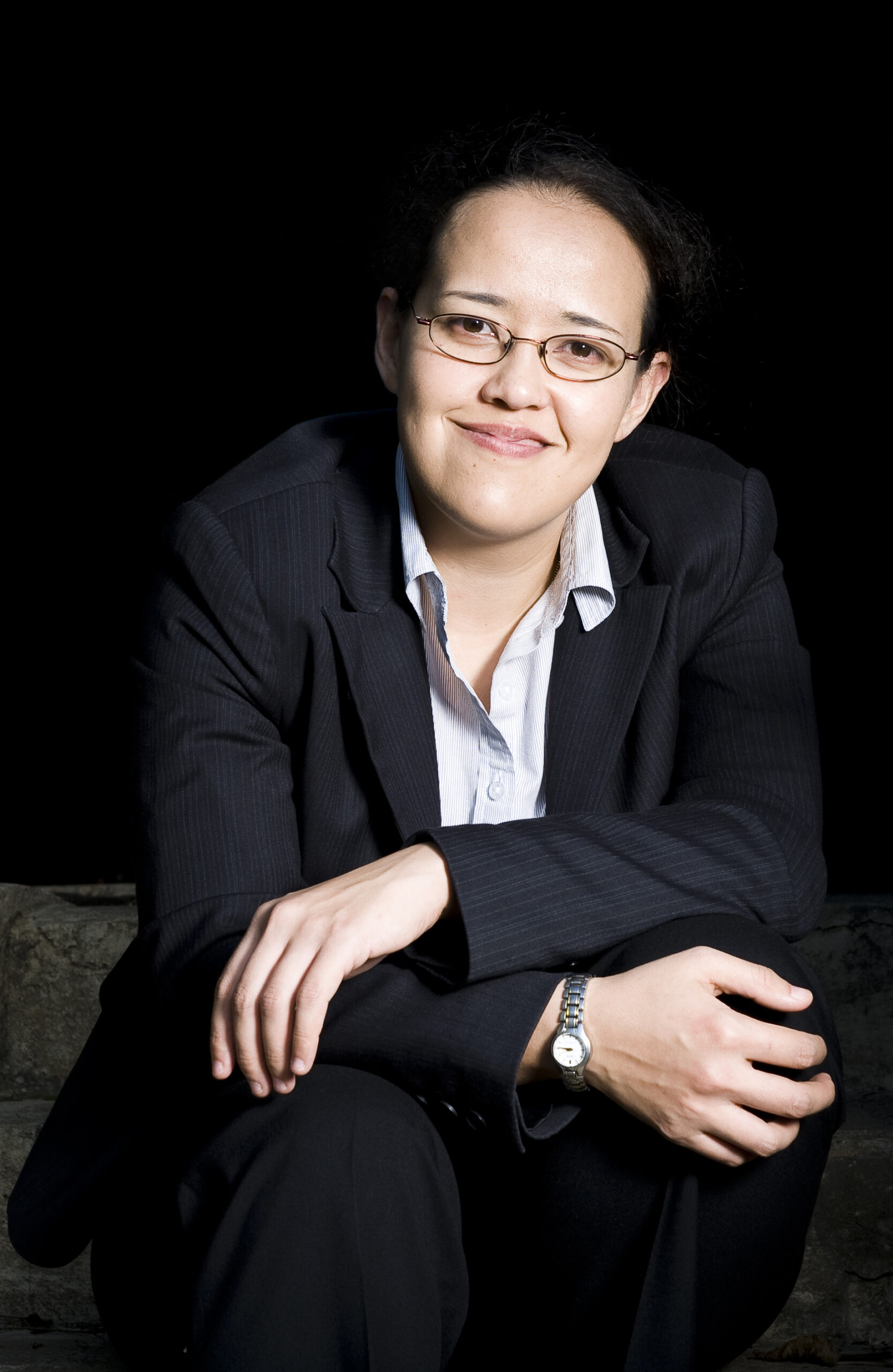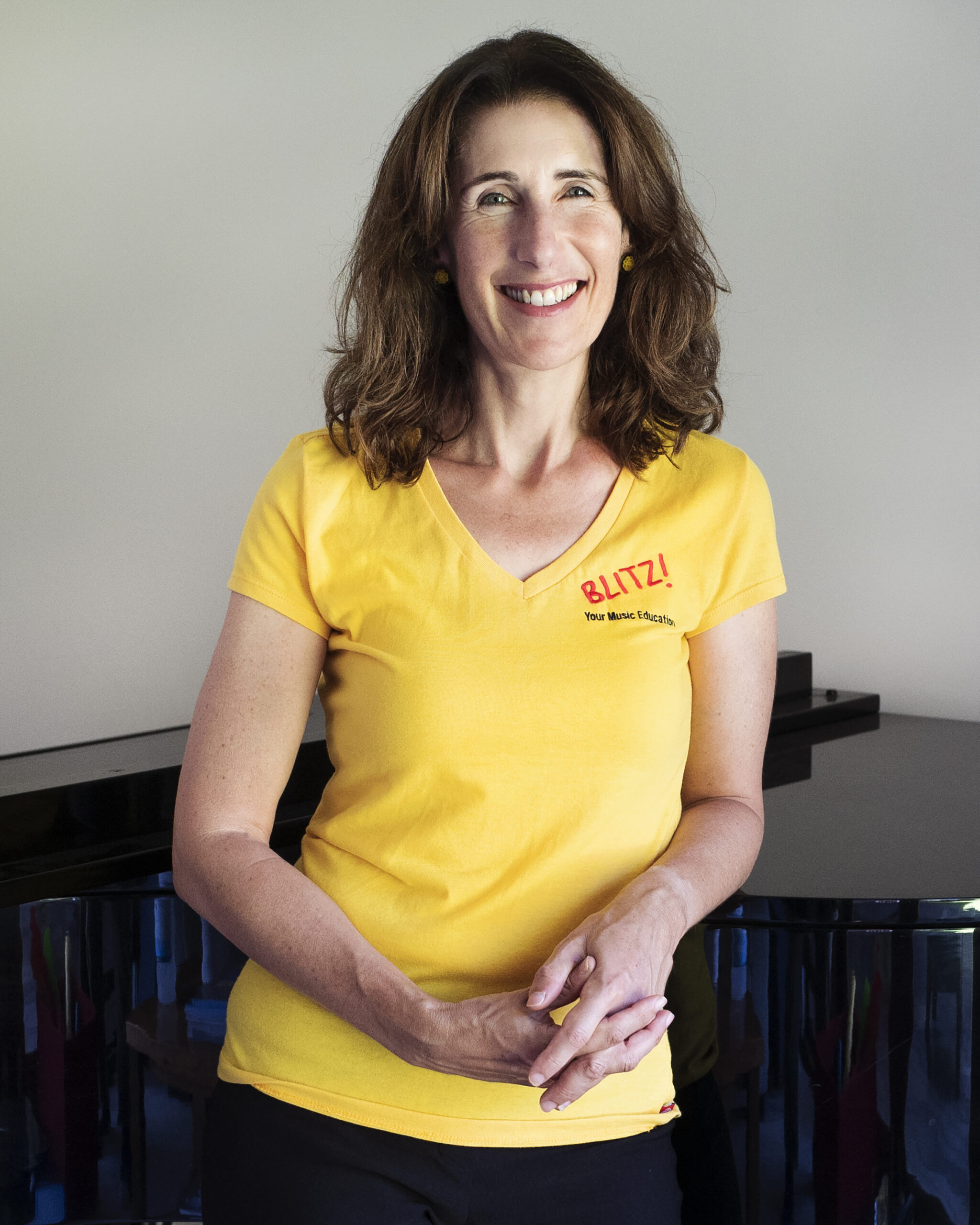Keynote Address
Double the Joy: Unlocking the Educational Power of Duo Pianism in the Studio
Head of the School of Music at The University of Queensland and President of the Australian Piano Duo Festival, Professor Liam Viney shares insights on incorporating duo piano teaching into your studio. Celebrate and explore the art of duo pianism – its repertoire, execution, and energy, and the vast educational opportunities it can offer the next generation of students.
Read More
Read Less






